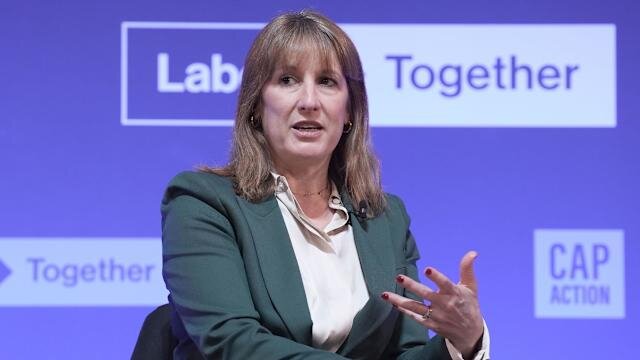Introduction
Chancellor Rachel Reeves has reversed plans to raise income tax rates in the forthcoming Budget, following significant internal unrest within the Labour Party and ongoing concerns over economic stability.
The decision comes after indications that the government was considering breaking a major manifesto promise regarding tax increases for working people.
Instead, ministers are expected to explore a range of smaller revenue-raising options to address fiscal challenges, while attempting to maintain party unity and reassure financial markets.
Chancellor abandons income tax increase
Sources suggest that both Chancellor Rachel Reeves and Prime Minister Keir Starmer decided to drop the proposed increase to income tax rates after widespread opposition within their own party.
The move represents a reversal from previous briefings which suggested the government might break its election pledge not to increase income tax for working people. Reports indicate that notification of this decision was submitted to the Office for Budget
Responsibility earlier in the week. Downing Street has declined to comment publicly on the details, stating it does not discuss upcoming budget measures.
Budget 2025 context
The backdrop to this policy shift includes a week of intense speculation regarding the government’s fiscal strategy.
There had been growing concern about how Labour would address a projected budget shortfall exacerbated by downgraded productivity forecasts and costlier policy commitments, such as the proposed removal of the two-child benefit cap.
Chancellor Reeves had previously briefed officials on the option of raising income tax but has now reportedly opted against it, following both public and parliamentary backlash.
Party tensions and leadership debate
The decision to reverse course on income tax follows heightened tensions among Labour MPs. Some parliamentarians feared that breaking the tax pledge could undermine party credibility and trigger wider unrest.
There were also reported suggestions within the party of potential leadership challenges to Keir Starmer, with Health Secretary Wes Streeting publicly denying any intention to seek the leadership.
These developments have contributed to visible divisions at the highest levels, prompting Downing Street to undertake efforts to shore up support for the Prime Minister.
Alternative tax measures considered
With the prospect of new income tax rises ruled out, ministers are reviewing alternative fiscal measures to bridge the funding gap.
Reports suggest that possible avenues include raising levies on the gambling sector and maintaining the freeze on personal tax thresholds introduced by the previous government.
These measures, while less politically contentious, may not generate sufficient revenue to fund new spending commitments, such as the end of the two-child benefit limit.Treasury officials have acknowledged that anticipated receipts from these sources are unlikely to cover all planned costs.
Fiscal pressures and manifesto pledges
Maintaining fiscal discipline while honouring election commitments remains central to Labour’s approach. Chancellor Reeves has stressed the importance of operating “within the world as it is, not the world that I want it to be”.
The government continues to face pressure to balance budgetary responsibility with its promises, especially as Labour’s large Commons majority has not guaranteed automatic support for all its proposals.
Previous attempts to persuade MPs of the necessity for higher income tax have faced resistance, particularly from those concerned about the impact on lower and middle-income households.
Final Summary
Rachel Reeves’ decision not to proceed with an income tax increase illustrates the complexity of balancing fiscal demands, political loyalty, and the expectations of party members and the electorate.
With pressure intensifying from within the Labour Party and a challenging economic context, the government is now turning to lesser tax reforms and spending adjustments to close the budget gap. The outcome of these measures, as well as their reception among both MPs and the markets, will shape UK fiscal policy in the months ahead.
For citizens and businesses seeking clarity on tax changes and budget implications, the Pie app provides timely information and resources to help navigate policy developments.











